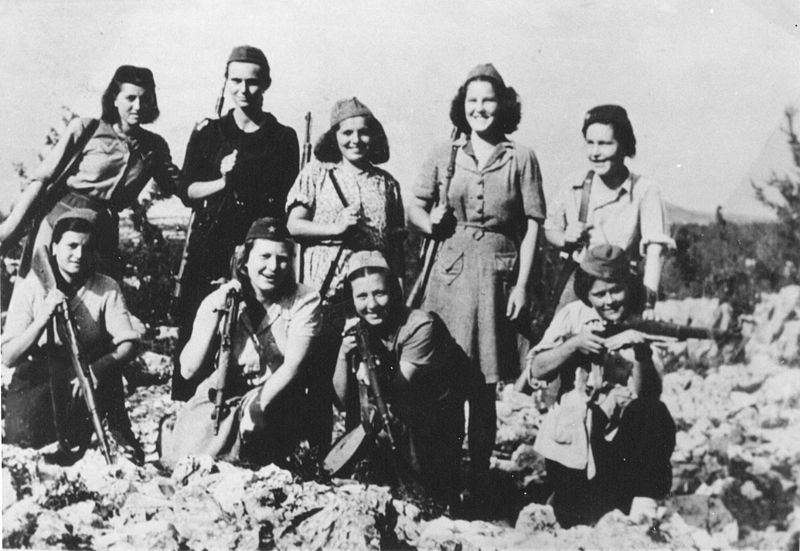Can't believe I've kept this up for three weeks in a row now. It'll soon crumble. Today, once again, the main focus is on fascism and the right.
The far right
1. In my last post, I named 14 people killed by far right activists in the US in 2017. According to a report this week by the ADL, it turns out there were 18 killings. I missed out Charles Davis, killed in July, Jorge Slaughter in June, and Nazis Andrew Oneschuk and Jeremy Himmelmann, killed by a fellow Nazi who converted to Islam, as well as a number of incidents of white supremacists killing people in non-political incidents or killing each other in internal feuds, which means the total using the ADL methodology is actually higher than they state.
Newsweek summarises:
2. Spencer Sunshine has another thorough and important piece up about Steve Bannon and his "washed out" antisemitism - coded antisemitism, far right influences and his influence on the far right scene.
3. This blog has an incredibly long and super thorough account of red-brown alliances and third positionism. If anyone has contact with the author, please ask them to give me a shout, as I'd love to repost bits of it. Coatesy has some good extracts and comments.
4. For one example of red-brown crossover in the pro-Assad scene, meet Tim Anderson of the University of Sydney.
5. At the Institute for Social Ecology website, Steven Henderson has a good piece on alt-right entrism in the Rojava solidarity scene (H/T Spencer).
Labour Party politricks
Although I am generally supportive of Labour moving to the left, I am a bit concerned about some of the results of the recent (19% turnout!) NEC election, as documented in these posts: Rob Marchant on Momentum and antisemitism and Coatesy on new NEC member Yasmine Dar's support for the Iranian regime. For the critical voice within Momentum, check out The Clarion, including this call, from a Lewisham East CLP member, for Thornberry and Corbyn to back workers' rights in Iran. Also: a reminder that Shiraz Socialist has moved, to here (with dreadful orange colour scheme).
Hezbollah in the UK
The CST have a very interesting report on Hezbollah, in advance of a parliamentary debate about banning its political as well as military arm.
Amateur geopolitical commentary
I wrote an extremely long summary on Twitter of the current situation in NW Syria, including the return of ISIS and Turkish aggression against majority-Kurdish Afrin, which has had a surprising number of retweets. Start here if you're interested:
The far right
1. In my last post, I named 14 people killed by far right activists in the US in 2017. According to a report this week by the ADL, it turns out there were 18 killings. I missed out Charles Davis, killed in July, Jorge Slaughter in June, and Nazis Andrew Oneschuk and Jeremy Himmelmann, killed by a fellow Nazi who converted to Islam, as well as a number of incidents of white supremacists killing people in non-political incidents or killing each other in internal feuds, which means the total using the ADL methodology is actually higher than they state.
Newsweek summarises:
The center counted a total of 34 people killed by domestic extremists, of which 18 were killed by white supremacists, more than double the number from the previous year. In the past decade, right-wing extremism made up 71 percent of extremist-related murders, compared with 26 percent of murders by Islamic extremists.The ADL say "The 18 white supremacist murders included several killings linked to the alt right as that movement expanded its operations in 2017 from the internet into the physical world – raising the likely possibility of more such violent acts in the future."
2. Spencer Sunshine has another thorough and important piece up about Steve Bannon and his "washed out" antisemitism - coded antisemitism, far right influences and his influence on the far right scene.
3. This blog has an incredibly long and super thorough account of red-brown alliances and third positionism. If anyone has contact with the author, please ask them to give me a shout, as I'd love to repost bits of it. Coatesy has some good extracts and comments.
4. For one example of red-brown crossover in the pro-Assad scene, meet Tim Anderson of the University of Sydney.
5. At the Institute for Social Ecology website, Steven Henderson has a good piece on alt-right entrism in the Rojava solidarity scene (H/T Spencer).
Labour Party politricks
Although I am generally supportive of Labour moving to the left, I am a bit concerned about some of the results of the recent (19% turnout!) NEC election, as documented in these posts: Rob Marchant on Momentum and antisemitism and Coatesy on new NEC member Yasmine Dar's support for the Iranian regime. For the critical voice within Momentum, check out The Clarion, including this call, from a Lewisham East CLP member, for Thornberry and Corbyn to back workers' rights in Iran. Also: a reminder that Shiraz Socialist has moved, to here (with dreadful orange colour scheme).
Hezbollah in the UK
The CST have a very interesting report on Hezbollah, in advance of a parliamentary debate about banning its political as well as military arm.
Amateur geopolitical commentary
I wrote an extremely long summary on Twitter of the current situation in NW Syria, including the return of ISIS and Turkish aggression against majority-Kurdish Afrin, which has had a surprising number of retweets. Start here if you're interested:
Really fucked up situation in NW Syria right now, which I'm trying to get my head around. The following is how I understand it - let me know if you think I've got it wrong:— Bob From Brockley (@bobfrombrockley) January 18, 2018





.jpg/1024px-Donald_Trump_alt-right_supporter_(32452974604).jpg)











